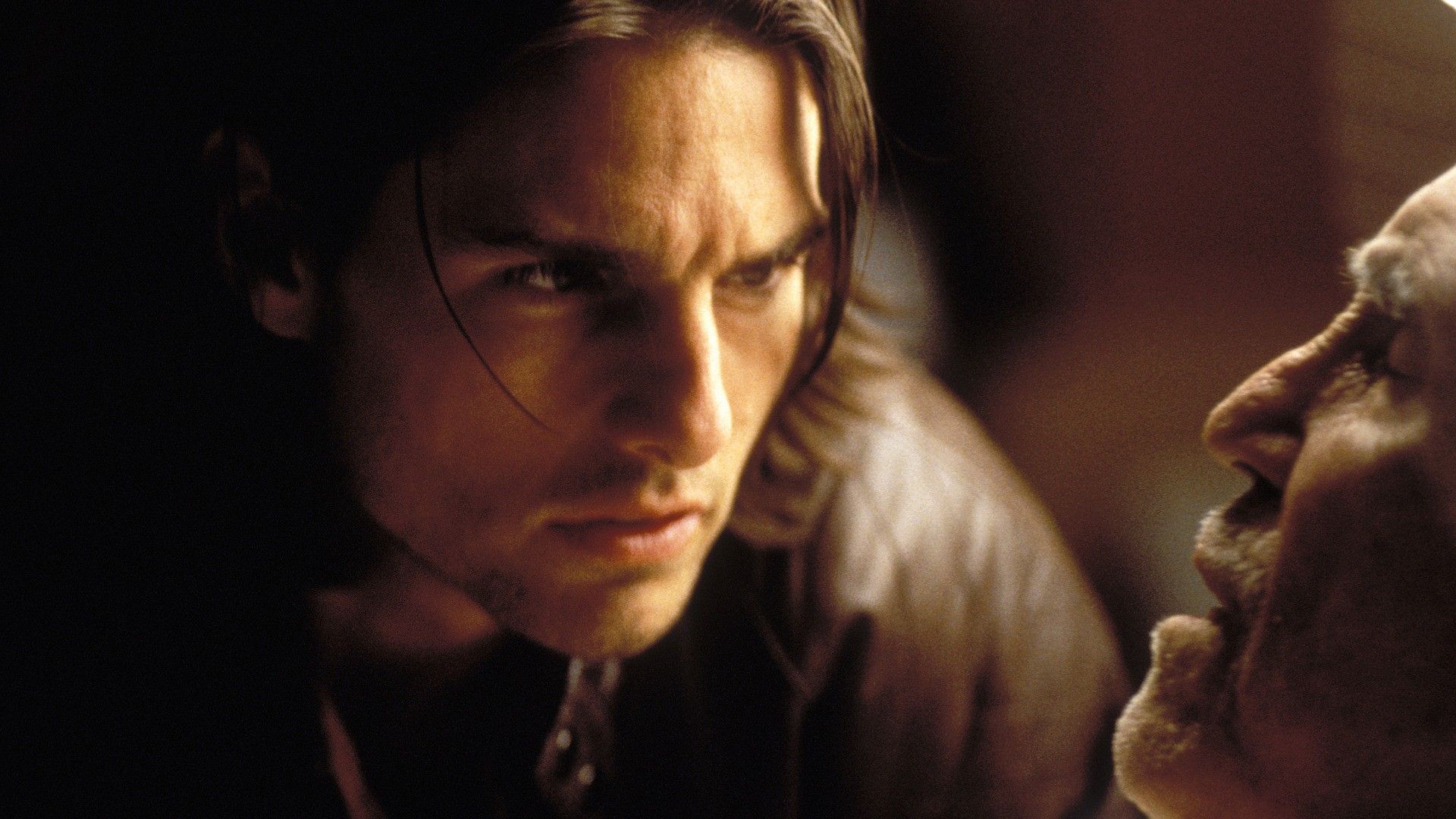Dramas are quite possibly the broadest and least restricting genres to work with, which can be both an advantage and disadvantage, as the idea that my opening wouldn't be bound to specific redundant conventions could make it hard to define the genre in the opening itself. To avoid a total lack of standard genre conventions, I decided to research the topic. Here is what I found:
The most important element of a drama is the characters and their relationship with the narrative. Dramas usually stick to a protagonist vs. antagonist narrative structure, and, usually taking place in a realist setting, the characters should be representative of how people can act in real life(shouldn't be too unbelievable or exaggerated.) It's less crucial/necessary for the character to be likable to the audience than it is to be relatable in some sort of way.
A perfect example of an unlikable protagonist is Walter White from the tv-drama Breaking Bad (2008-2013.) Walter White starts out as an unhappy high school chemistry teacher who regrets his life choices leading up to where he was. When he gets diagnosed with lung cancer, he loses the motivation to keep his good-guy persona and conspires to build a meth empire with an old student of his, Jesse Pinkman. His character starts out weak and puny but all he does throughout the series is turn increasingly unlikeable through his heartless and rash actions. The reasoning behind this odd likeability(despite the unlikeability) is rooted in the fact that the first time audiences see him they see the sad chemistry teacher, and they root for him to find happiness and purpose as opposed to the devilish human he is becoming. A complex, multilayered character like Walter White is one that audiences like to watch.
Also, drama pieces are very plot-driven. Because of the plentiful amount of sub-genres within the drama genre, conventions are more situational and don't apply in every type of drama, but it is integral to the effectiveness of a story that the narrative has stakes. Without stakes, dramas simply aren't worth watching. Drama films don't need to be as fast-paced or high-staked as an action movies, but it is crucial to the audience's investment that there is some reason to continue watching. Further, it is important that stakes are defined and obvious to the audience during every scene. One scene lacking substance can be the difference between a good drama and a bad drama.
An important thing about the openings of dramas is that the theme and tone are communicated in that very first scene, and those two things need to stay consistent throughout the work. A major tonal shift sometime in the middle of the film not only lifts the importance of the first scene but can also destroy audiences' investment in the narrative. Consistency is key.





No comments:
Post a Comment